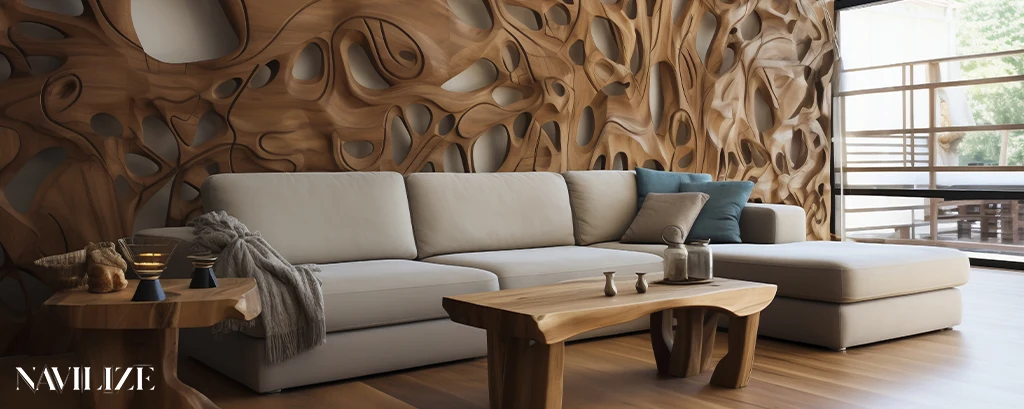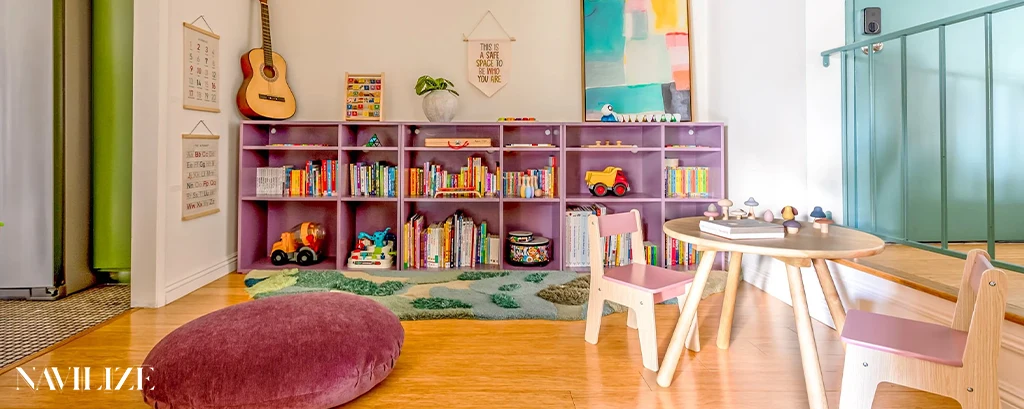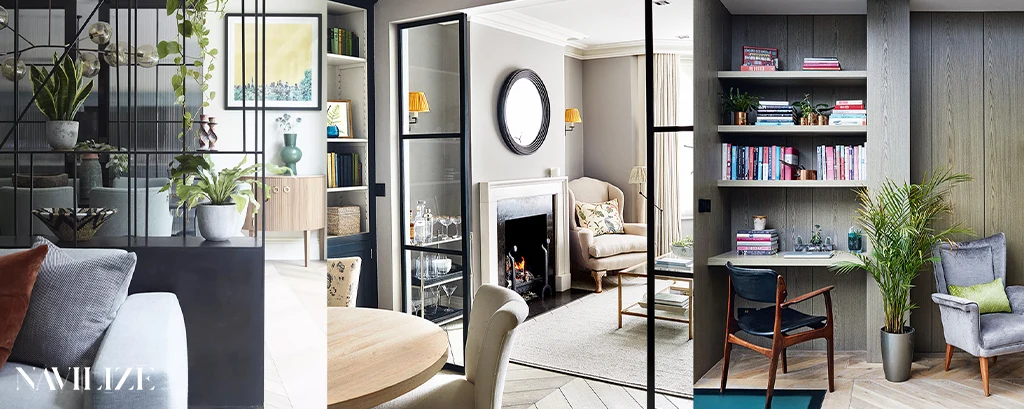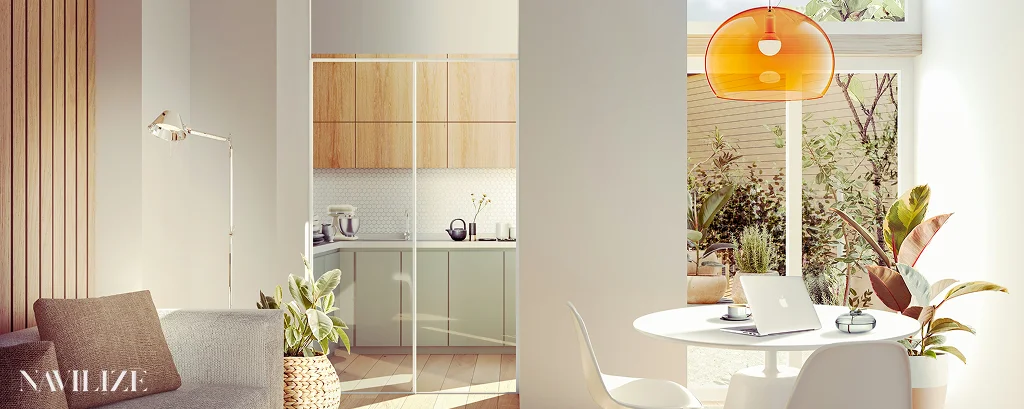Building a modern style home in 2025 requires careful planning and budgeting to achieve the sleek, minimalist aesthetic typical of contemporary designs. Costs vary widely based on materials, labor, location, and architectural complexity. Modern homes often feature open floor plans, expansive windows, and sustainable materials, all of which can influence construction expenses. Energy-efficient installations and integrated smart home technology are common in these builds, enhancing both functionality and long-term value. Collaborating with experienced designers and professionals ensures that every design choice contributes to a cohesive and modern living space while staying within budget.
| Cost Category | Description | Influencing Factors | Key Considerations |
|---|---|---|---|
| Land Acquisition | Cost of purchasing land for construction | Location, land size | Research local zoning and accessibility |
| Building Materials | Includes sustainable materials, large windows, and modern finishes | Material type (sustainable or luxury), quality | Opt for durable materials for long-term savings |
| Labor Costs | Wages for workers and contractors | Project complexity, regional rates | Hire experienced contractors to minimize errors |
| Professional Services | Fees for architects, designers, engineers | Project scope, expertise level | Early collaboration for better coordination |
| Hidden Costs | Permits, demolition, site preparation | Local regulations, site conditions | Budget for unexpected expenses |
| Modern Systems | HVAC, electrical, smart home technology | Technology choices, energy efficiency | Invest in efficient systems for long-term savings |
Cost Breakdown: What Goes Into a Modern Build?
Understanding what contributes to the cost of a modern build is essential for accurate budgeting. Major expenses include land acquisition, foundation work, structural framing, roofing, exterior cladding, and interior finishes. Systems such as plumbing, electrical, HVAC, and smart home integrations also play a role in overall costs. Material choices, particularly sustainable or high-end options, can increase initial investment but provide long-term savings. Labor costs vary by location and project complexity. For a more detailed breakdown of project components, insights on modern home planning provide helpful context for estimating each phase effectively.
Cost by Size: Small vs. Large Modern Homes
The size of a modern home significantly affects construction costs. Smaller homes allow for efficient use of space, faster construction timelines, and lower utility expenses, while larger homes offer additional living areas, high-end finishes, and more customized features, resulting in higher investment. Factors such as square footage, ceiling height, and number of rooms directly influence materials and labor requirements. When considering expansion or optimization, consulting resources on Remodeling can offer strategies to manage costs and improve efficiency, whether updating an existing home or planning a new build.
Professional Fees You Should Expect
Professional services represent a significant portion of a modern home budget. Architects, interior designers, structural engineers, and general contractors charge for their expertise, project management, and consultation services. These fees vary depending on project scope, complexity, and regional labor rates. Engaging professionals early helps coordinate schedules, optimize material selection, and avoid design conflicts during construction. Factoring in these costs from the beginning ensures that the project proceeds smoothly, maintains high-quality standards, and aligns with both aesthetic goals and functional requirements of the home.
Architect & Interior Designer Costs
Architects and interior designers play a key role in shaping modern homes that are both functional and visually appealing. Architects typically charge a percentage of total construction costs or a flat design fee, while interior designers may bill hourly or by project. Their expertise includes spatial planning, material selection, lighting design, and furniture integration. Investing in professional design ensures efficient layouts, cohesive aesthetics, and higher long-term property value. Early collaboration reduces costly changes during construction and seamlessly integrates architectural elements with interior finishes for a polished, modern result.
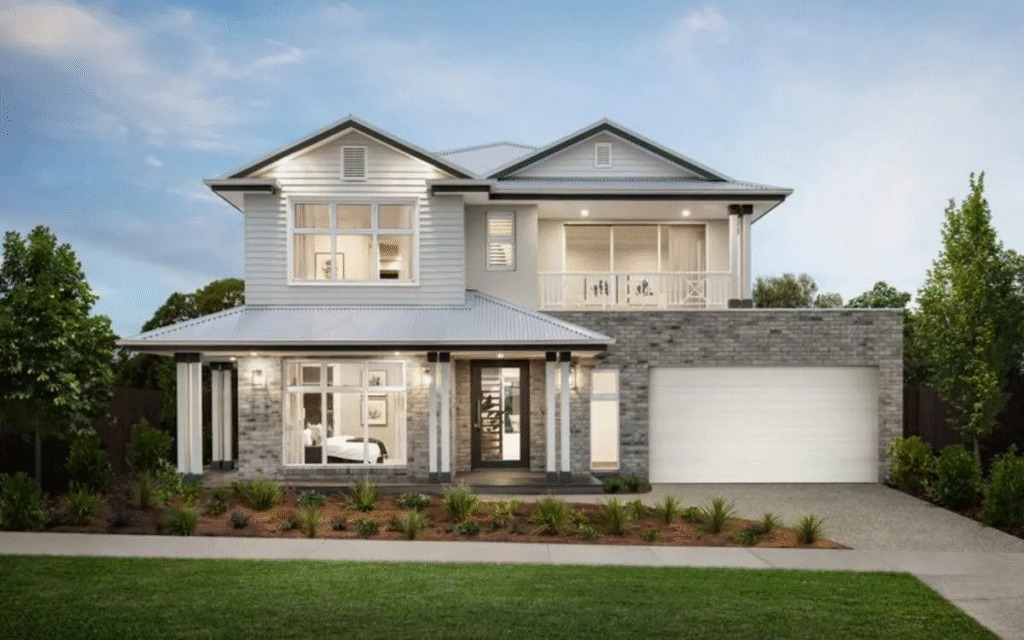
General Contractor Fees
General contractors oversee daily construction activities, coordinate subcontractors, and ensure the project stays on schedule and within budget. Fees generally range from 10% to 20% of total construction costs, depending on complexity and region. Contractors handle procurement, permitting, and compliance with building codes, which can save significant time and prevent costly mistakes. Engaging a skilled contractor guarantees efficient workflow, quality workmanship, and adherence to design specifications. Their involvement ensures that the vision of a modern home is realized safely, efficiently, and to the highest standards.
Structural Engineering Estimates
Structural engineers provide critical expertise to ensure that a modern home is safe, stable, and code-compliant. Their responsibilities include load calculations, foundation analysis, and material recommendations. Costs vary based on project complexity and site conditions. Integrating structural engineering input early in the design phase allows for seamless alignment with architectural plans and prevents issues such as foundation settlement or structural deficiencies. Although this adds to upfront expenses, proper engineering reduces long-term repair costs and guarantees durability, safety, and structural integrity for the finished modern home.
Other Professionals to Consider
Beyond architects and contractors, specialized professionals can significantly impact the quality of a modern build. Landscape architects enhance outdoor spaces with sustainable design and water management strategies. MEP (mechanical, electrical, plumbing) consultants ensure efficiency and reliability of essential systems. Lighting designers and acoustical engineers refine ambiance and comfort in open-plan layouts. Legal or permitting advisors help navigate local regulations and zoning requirements. While these services add to upfront costs, they minimize mistakes, optimize functionality, and elevate the overall living experience within a modern home.
Regional Cost Differences: What to Expect in San Diego
Construction costs vary by region due to labor rates, material availability, and local regulations. In San Diego, modern homes tend to be higher in cost compared to national averages, largely due to premium materials, coastal climate considerations, and skilled labor demand. Permitting, inspections, and regional building codes also influence pricing. Understanding local market conditions allows homeowners to plan budgets more accurately. Professionals familiar with the San Diego construction landscape can provide insights on costs, scheduling, and sourcing materials efficiently.

Hidden Costs: Permits, Demolition, Site Prep
Hidden costs can significantly impact your modern home budget. Permitting fees vary by municipality and may include plan reviews, inspections, and impact fees. Demolition of existing structures or site clearing adds labor, equipment, and disposal expenses. Site preparation, such as grading, soil testing, and drainage installation, ensures proper foundation stability but increases costs. Contingency planning for unexpected issues, like soil contamination or utility relocation, prevents budget overruns. Factoring in these hidden expenses early helps homeowners maintain financial control throughout construction.
Building vs. Remodeling: Which Is More Cost-Effective?
Deciding between building a new modern home or remodeling an existing structure depends on budget, goals, and property conditions. New builds allow complete design control and modern features but involve higher upfront costs, including land acquisition and permitting. Remodeling can be more cost-effective, especially for upgrading interiors, systems, and layouts without starting from scratch. However, unforeseen issues like structural repairs or outdated utilities can escalate expenses. Evaluating project scope, desired outcomes, and long-term value is essential. Resources on Remodeling can provide comparisons and insights for making the best decision.
Work with Navilize to Plan and Design Your Modern Home in California
Collaborating with Navilize ensures a seamless modern home design experience in California. Their team of architects, interior designers, and project managers integrates functional planning, aesthetic vision, and regional expertise to deliver high-quality homes. Navilize emphasizes sustainable materials, energy efficiency, and personalized solutions for each client. Early consultation helps identify project scope, budget, and timeline while minimizing surprises. With a comprehensive approach to planning, design, and execution, homeowners achieve modern homes that are visually stunning, practical, and aligned with long-term value goals.



